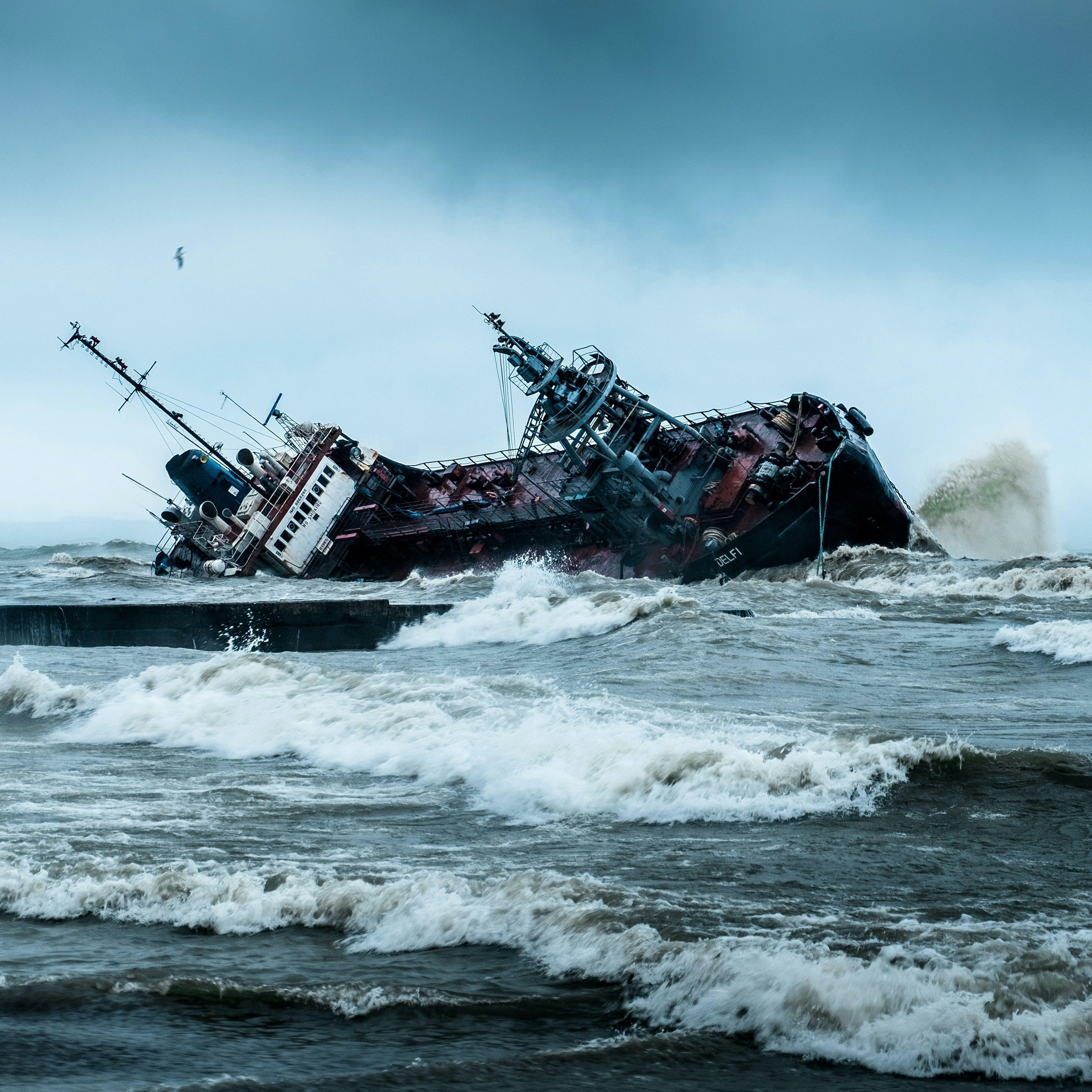Understanding the Legal Landscape for Hurricane Preparedness and Recovery
When it comes to preparing for the hurricane season, legal considerations are often overlooked. However, these can play a crucial role in ensuring that businesses and homeowners are fully prepared for the challenges posed by these natural disasters. Understanding the legal frameworks can help mitigate risks and streamline recovery processes, which can be invaluable in the aftermath of a hurricane.
Why Legal Preparedness Matters
Legal preparedness is essential for safeguarding assets, ensuring compliance with regulations, and expediting recovery efforts. It involves understanding property laws, insurance policies, and state-specific regulations concerning disaster management. Not only does this safeguard financial investments, but it also ensures that recovery efforts are effective and compliant with existing laws.
Property and Liability Considerations
Ensuring that property deeds and insurance policies are up-to-date is a critical part of hurricane preparedness. Homeowners and businesses should review their insurance coverage to confirm that they are adequately protected against damages caused by hurricanes. It’s vital to understand what is covered under policies, such as wind damage, flooding, and additional living expenses if displacement occurs.
It’s also important to note that flooding is often not covered under standard homeowners’ policies. Consulting the Federal Emergency Management Agency (FEMA) can provide insight into the National Flood Insurance Program (NFIP) and how it might benefit you.
Compliance with State and Federal Laws
Each state has specific regulations regarding hurricane preparedness. For Florida residents, compliance with building codes and evacuation orders is mandatory. Non-compliance can result in legal penalties, including fines or increased insurance premiums. More information can be found through the Florida Division of Emergency Management.
Additionally, it’s crucial to be aware of any evacuation laws and government mandates during a hurricane. Following official orders not only ensures personal safety but also adheres to legal requirements. Businesses, in particular, should be familiar with occupational safety laws to protect their employees during emergencies. Core Safety Training is available to help businesses understand these responsibilities.
Legal Support and Resources
For those needing legal assistance during hurricane recovery, there are several resources available. Organizations like Disaster Legal Aid provide support and advice for dealing with the aftermath of natural disasters. They offer free legal advice to low-income individuals and families affected by hurricanes.
Moreover, individuals and businesses can benefit from consulting with legal experts specializing in disaster law. This consultation can help in navigating claims, understanding rights, and ensuring that recovery efforts are on solid legal ground.
Conclusion: A Legally Sound Hurricane Preparedness Plan
Legal considerations should not be an afterthought in hurricane preparedness. They form a critical part of a comprehensive strategy that protects property, ensures compliance, and aids in swift recovery. By understanding and integrating legal frameworks into disaster preparation, individuals and businesses can significantly reduce the risks and challenges associated with hurricane impacts.
To learn more about disaster preparedness and how to be proactive in protecting yourself and your community, visit HelpNow for resources and training opportunities.

